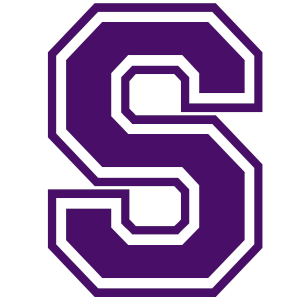A Planning Guide for College
Steps to Planning for College at all Grade Levels
Grade 9/10
It’s not too early to begin planning for college and life after high school. There are things that you can do these first two years of high school that will be of benefit to you.
- The most important thing to do is to work hard and to plan your academic curriculum to include the appropriate courses.
- Get involved in extra-curricular activities in your school and your community.
- If you have the chance, go along with your older sister/brother or friends when they visit colleges. Seeing college campuses will help you form some opinions about the kind of college that you’d like to attend.
- If you have the goal of becoming a National Honor Society member in your junior year, you should be aware of the following: Membership is based on a minimum 3.5 cumulative GPA and a teacher rating scale regarding scholarship, character, leadership, and service.
- Ninth graders should take the PLAN, the practice test for the ACT. This test is offered in March. It will be given at SHS during the school day.
Grade 11
- Meet with your counselor and talk to her about your academic progress and your goals after you graduate. If you are planning on going to college, list the schools you are considering. Explore the various computer programs that offer college searches. These are available in the Media Center and the Guidance Office.
- Plan campus visits and interviews, but write for information before you visit.
- Work hard! Colleges really focus on the junior year. Read. Continue your involvement in extra-curricular activities at school and in the community. The junior year is very important!
- Take the PSAT/NMSQT in October. This test is given only once a year. It is the only way juniors can enter the National Merit Scholarship Program.
Students are now able to prepare for the PSAT and improve their ACT scores by taking a PSAT and a practice ACT test, typing their answers into the Coach software, and getting an analysis report. Reviews for each subject area are part of the software program. The program is available in the Guidance. - During the summer after your junior year, do something special: Take special courses; get involved in community service projects; plan a trip; enroll in an enrichment program; find an interesting job; take part in a mentorship program.
Grade 12
- Continue to work hard. Colleges will look carefully at your senior course selection, your performance in classes, and other activities.
- Gather information on different colleges so that you can begin the application process. If you need help in getting started, make an appointment with your counselor. Watch your deadlines! Give counselors at least one week before a deadline to complete their part of the application process. A good rule of thumb is to send in your applications before winter Holiday Break.
- Review the Web section College FAQ”s –“Most Often Asked Questions About College.”
- Make sure you have taken the ACT or SAT by December. Students are now able to improve their ACT scores by taking a practice ACT test, typing their answers into the Coach software, and getting an analysis report. Reviews for each subject area are part of the software program. The program is available in the Guidance Office.
- If you are confused about what you want to do after graduation, talk to your guidance counselor about different options.

